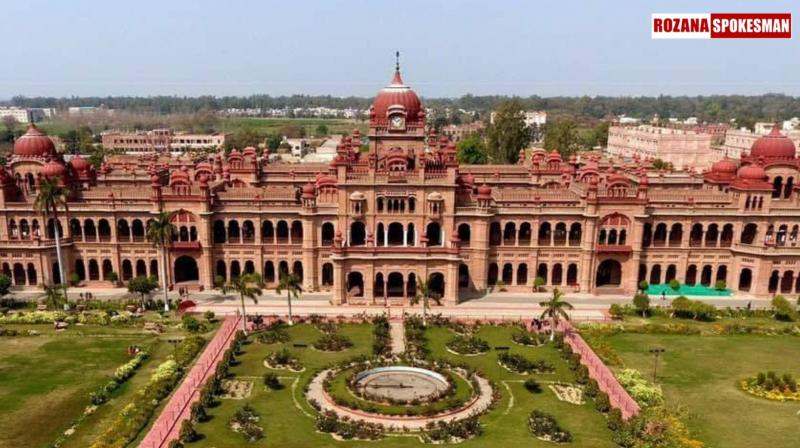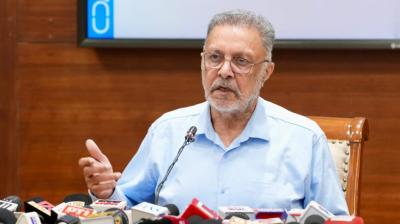
Capt Amarinder Singh’s argument that the university would destroy the college’s legacy was found to be weak by the Supreme Court.
The Supreme Court’s decision to reinstate Khalsa University, Amritsar, holds significant implications for Punjab’s political landscape. This ruling serves as a clear warning to ruling parties: in a democratic system, government decisions must not be based on personal vendettas or caste biases. Instead, decisions should be rooted in sound reasoning, and these reasons should be presented to the public transparently.
In a 65-page judgment, a bench consisting of Justice Bhushan R. Gavai and Justice K.V. Viswanathan declared the Khalsa University (Dissolution) Act, 2017, unconstitutional, criticizing it as an outcome of “clear bias.” The Khalsa University (Establishment) Act was originally passed by the Punjab Vidhan Sabha in 2016 upon the request of the Khalsa College Governing Council, which led to the creation of a separate university within the Khalsa College campus, although the two institutions remained distinct.
Opposition leader at the time, Captain Amarinder Singh, strongly opposed the establishment of the university, arguing that it would damage Khalsa College’s legacy and diminish its heritage. However, many political observers attributed his opposition to caste-based biases rather than genuine concerns for heritage preservation. The Khalsa College Governing Council was headed by Satyajit Singh Majithia, father of Harsimrat Kaur Badal and Bikram Singh Majithia, who were prominent political figures.
When Captain Amarinder Singh became Chief Minister in 2017, his government repealed the 2016 Act through an ordinance and dissolved Khalsa University. This move was later upheld by the Punjab and Haryana High Court, but the Governing Council’s appeal to the Supreme Court has now succeeded, resulting in the revival of the university.
Khalsa College, established in 1892, was born out of the Singh Sabha movement, which sought to reject Brahminical influences and restore Sikh customs. The college became a symbol of Sikh heritage, and its iconic building is regarded as a masterpiece of Sikh architecture. Captain Amarinder Singh’s argument that the university would destroy the college’s legacy was found to be weak by the Supreme Court.
The court emphasized that the establishment of Guru Nanak Dev University on the same land as Khalsa College did not destroy its heritage, and neither did the establishment of other educational institutions such as Punjab Agriculture University. The justices were particularly troubled by the fact that out of 16 private universities in Punjab, only Khalsa University faced such opposition from the state government.
This ruling is not just a mandate against the Captain government’s decision but also serves as a lesson for current and future governments. Decisions must be made within the framework of the constitution. While private universities often face criticism for being more focused on business than education, it is crucial for governments to approach these issues in a fair and constitutional manner, ensuring the quality of education is upheld without bias.














